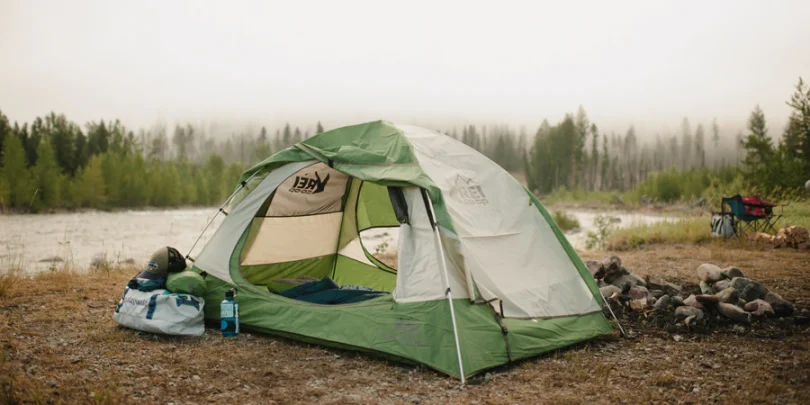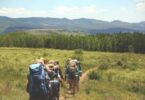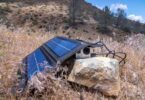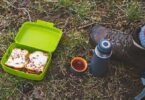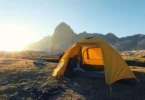What’s the first thing that comes to mind when you think of a cozy camping trip? The starry nights in the clear sky, the comforting campfire, or even the warmth that you feel in your sleeping bag? Whatever you gravitate towards, it’s also important to focus on the journey before camping: preparing and planning. To amateurs this may seem extra and unnecessary but watching movies or a couple of YouTube videos about it is not enough. It is important to consider and implement these useful tips to check off your checklist to have a safe and fun camping trip.
Camping For Beginners: 7 Tips For First Camping Trip
1. Check the weather
One of the first and most important procedures when planning a camping trip is to know when and where you will be camping. A reliable news source or information from a trusted meteorologist is the best way to inform yourself of potential weather hazards or climate changes in the upcoming week. Check both the highs and low nighttime temps and the chance of rain during your trip. Pick and find a day where there is little to no chance for rain as well as moderate and manageable temperatures with no extreme highs or lows.
2. Plan it out
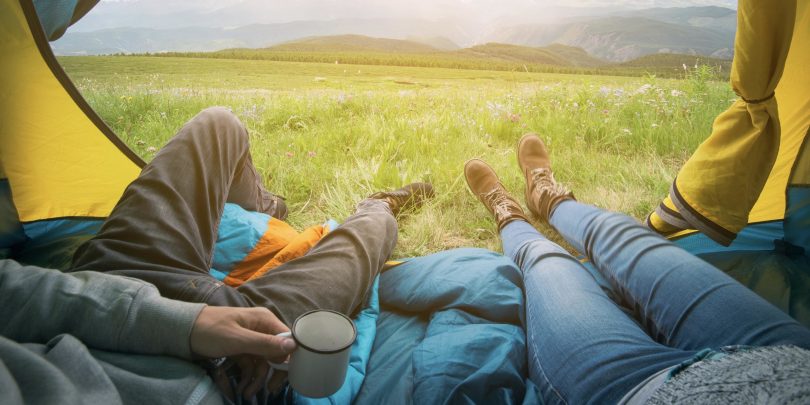
Source: mwg.aaa.com
Understanding the geography, such as the surrounding landscape and what biodiversity may be present in the surrounding area is very important to ensure your safety at where you will be setting up your tent. Finding the perfect place to go camping is just as important as when you go. There are many options, so think about the type of experience you’re looking for, including activities, amenities, and campsite location. Also, think about the people who will be coming with you. Is the place pet or kid-safe?!
3. Get to packing
After you have planned a set time and safe location, it is time to get to packing. For camping and spending a night in the woods, a hiking bag would be the best choice. A hiking bag provides plenty of space needed to hold food, water, and other useful utilities; it is also great for holding bigger and clustered things on the outside, such as a handheld lamp or bedroll. While you may want to immediately stuff your bag with your favorite soda or chocolate and bag of marshmallows, it is important to safely be stockpiled first with more essential things. Ensure you are packed with enough disposable canned foods and bottles of water, as well as a water filter and a can opener.
4. Don’t forget your tools
If you plan on cooking yourself and there are no restaurants nearby, make sure to bring all of your necessities. This can include utensils, paper towels, and paper plates.
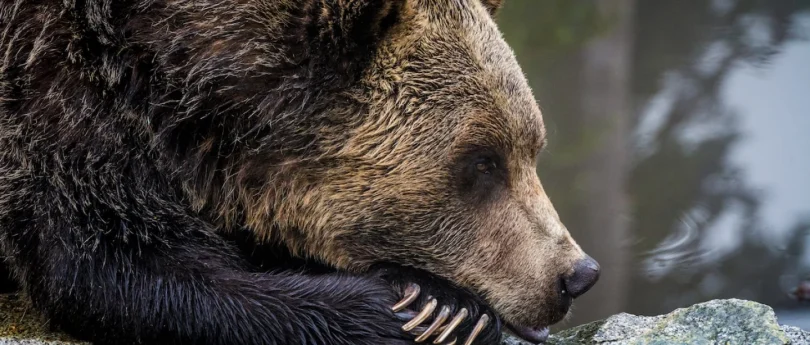
Source: insideedition.com
Alongside your food and water, it is important to pack tools for both safety and protection reasons. Make sure you have a compass and a map, along with a pen or a marker to mark and track your along with location. Getting lost and not knowing which direction to head in is one of the most dangerous situations to put yourself in. If you plan on staying out during the day, bring spray bottles of mosquito repellant and sunscreen to apply to your skin. Sunburns and itchy rashes are a very underlooked way of having your camping trip turn from fun and exciting to uncomfortable and unenjoyable.
5. Think about fire & sudden animal attacks
Continuing onto the topic of tools, a lighter or matchbox is a must-need for anyone who wishes to go camping, especially amateurs. It is very difficult to create campfires the traditional way with wood-on-wood friction, and if your fire is put out whether due to rain or winds then you have a convenient and simple solution to opt for.
Those concerned for their safety should bring a survival knife or retractable blade. While extremely unlikely, you may not know what or when you will be under the threat of a wild animal, so keeping a small, bladed weapon readily at your side on your waist or in a holster is important. You can also use this knife when trimming smaller branches, cutting food, or if you really feel like carving something into the tree!
6. Figure out how to set up your tent
When you’re going camping for the first time, you must practice setting up your tent at home.
There’s no better way to learn how to set up and dismantle a tent than to practice at home before you leave for your trip!
To prevent damage to your tent, pitch your tent in an area where the ground is flat and free of any debris that could get in the way of your project. Put your pegs in the ground at a 45-degree angle and place your tent with the back towards the wind. Hookups for water, electricity, and sewage are available at some of the RV parks.
Tents may be permitted on certain sites; however, you should confirm this with the campground in advance.
Tent campers that require regular access to electricity might find electric hookup campsites to be the most convenient option.
7. Plan out some activities for you and your kids
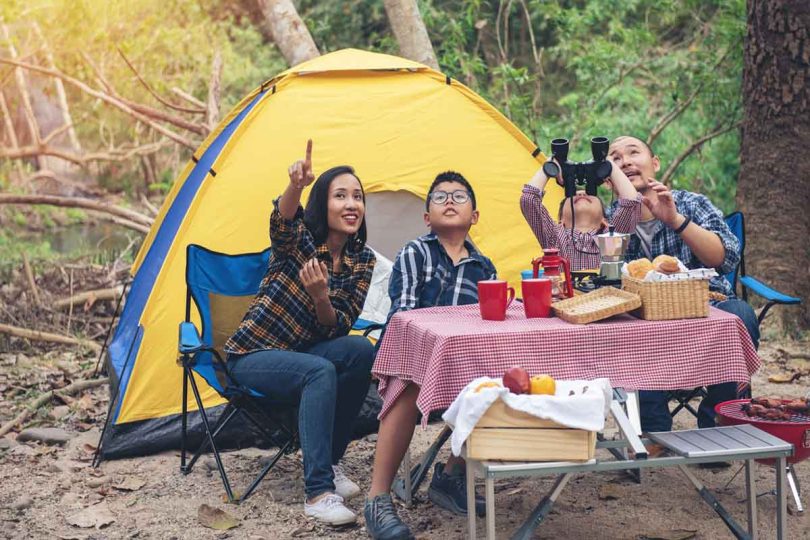
Source: familyeducation.com
Camping in a tent is sometimes referred to as a rustic camping experience.
Many times, you won’t have to go far to reach your vehicle because parking is accessible on-site.
Plan ahead of time and avoid carrying bulky equipment!
Research the campground’s amenities before your vacation.
Explore the area around the campsite for potential hiking paths, swimming holes, and fishing spots.
Packing a water bottle, bathing suit, or fishing pole for each individual is a must, as is any other equipment needed for the trip’s various activities. Bring and plan on doing the following set of things:
- Take some time to relax by reading a book
- Take a power snooze in the afternoon
- Scavenger hunt with a camping theme
- Play card or board games
- Get crafty and make some trail snack necklaces
- Explore the natural world for new insects, leaves, and rocks
Ready to go outside and have the camping trip of your lifetime?! If you’re looking for a fun camp that offers hiking, fishing, and camping along with a ton of activities, check out WildernessRedefined (previously Hill Country Outdoor Guide). Book a tour with your friends and family and have the time of your life.

